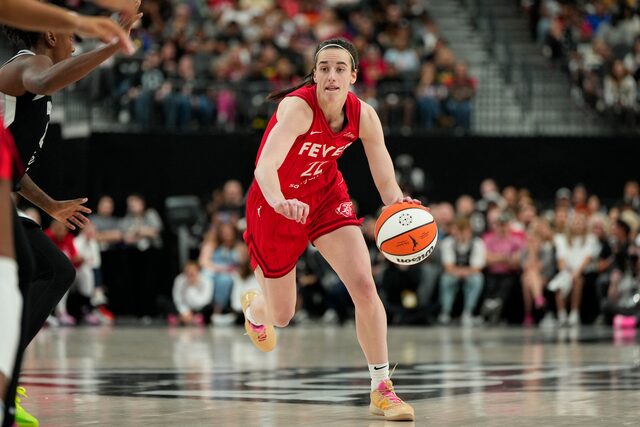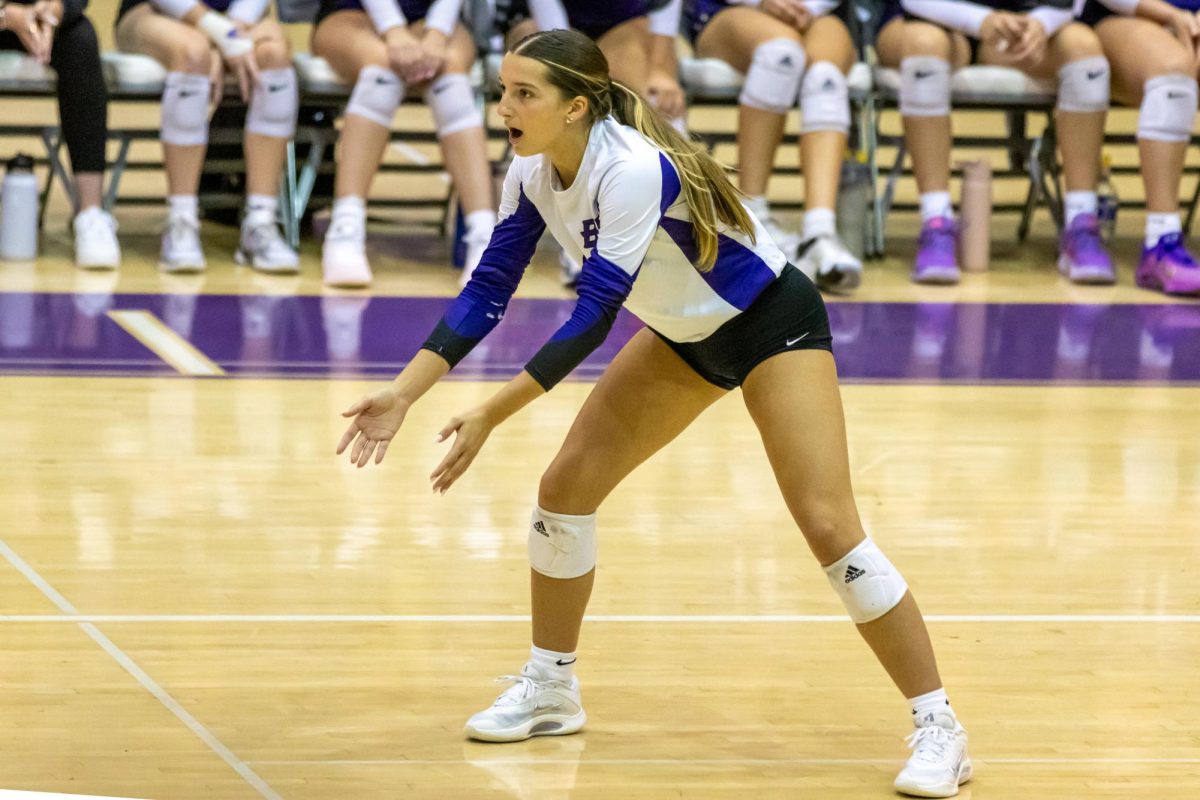Changes are coming to college sports that will aim to make payments to athletes more fair, but may end up hurting some athletic programs in sports like track, cross country, wrestling, and swimming in the long run.
A new legal settlement recently approved by Judge Claudia Wilken will affect the ACC, Big Ten, PAC-12, SEC, and the Big-12. It settles a suit brought by Grant House, a former Arizona State University swimmer, who sued the NCAA in 2020 and argued that former college athletes who did not get a chance to earn payments from name, image, and likeness deals should receive some sort of compensation.
The settlement would provide a total compensation of $2.78 billion to athletes who did not receive NIL payments dating back to 2016.
Along with the payments to individuals who did not receive compensation yet, this new settlement would also enact cross-school fund sharing to those who decide to participate. This means that schools would be allowed to share the revenue from TV rights, ticket sales, and fundraisers with student athletes.
The settlement also would allow colleges to give out as many scholarships as they have roster spots, which was not possible before. This is a relatively good aspect of the settlement and it will benefit athletes who are looking to save money playing sports at the collegiate level.
However, the settlement would make changes in regards to scholarships and roster sizes.
Previously, there was a specified number of scholarships that could be rewarded in any given sport – although the total roster could be bigger than that number. Now, there would be roster limits for each sport, and schools could offer scholarships for everyone on the roster.
But there will only be so much money to go around, and some people fear that programs like track, country, swimming, and wrestling might have their rosters trimmed – so programs like football and basketball could offer its athletes greater NIL payments. A story in Runner’s World said some college conferences are already looking to limit roster spots in track and cross country.
Overall, this settlement has its pros and cons. However, if cuts are made to some sports’ roster, some athletes could lose a chance to compete.














